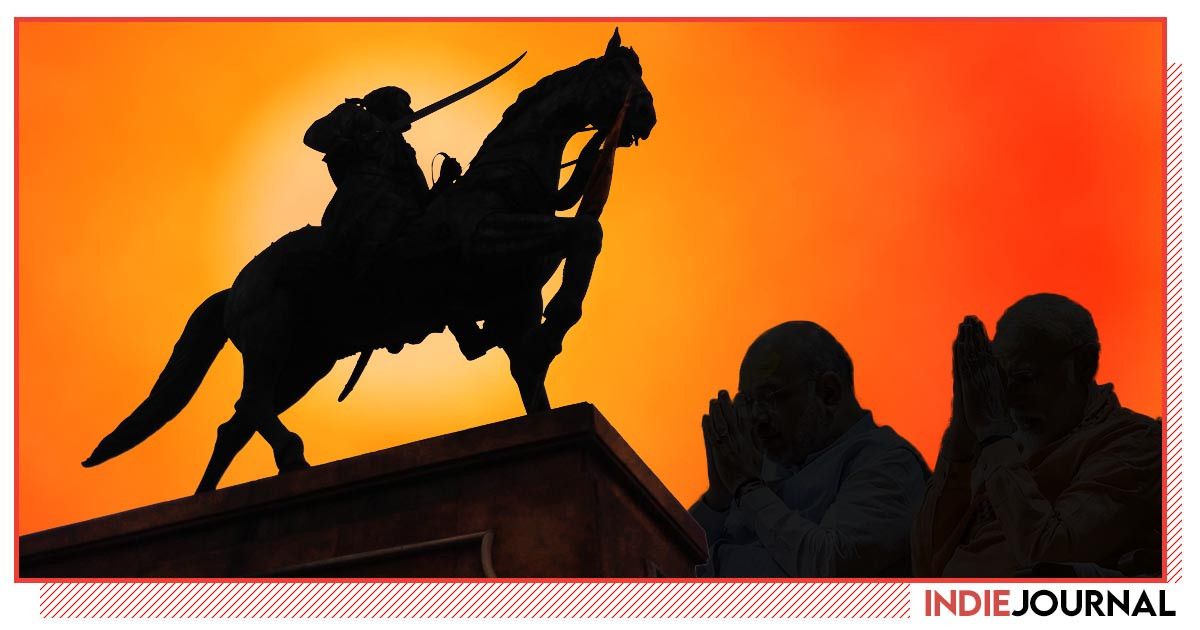Opinion
We are not ‘neutral’
The editorial from our print issue.

We live in an age and in times which call upon contemporary philosophers to proclaim that meaning has been truly lost, that narratives have collapsed and that truth has died. But rarely has a time come when the paradoxes inherent to extraordinary claims been clearly laid bare for the keen eye to see. As complexities and simplicities, are both ramped up to their extremes, this is where the role of the postmodern journalist lies, in the simplicity of facts.
When the bipolar world of the Soviet Union and the United States tugging to snatch the mantle for the dominant ideological arrangement collapsed, the new world looked at the neo-liberal phenomenon with an invigorated optimism. Individualist rights and freedoms, access to markets, swanky ultra-modern aesthetic and imagination of a world united under globalised trade and systems of consumption, established capitalism as not only the survivor of the battle of ideas, but the dominant, boastful and absolute winner.
But with its own logic, after losing the competitor in the form of the socialist state, capitalism, in its neoliberal avatar, has not only stagnated over the last three decades, it has given in to its inherent tendencies of accumulation and extravagance like never before. For a system that has been so unanimously accepted, the state of matters world over, is nothing but an issue of concern and worry for the same prophets of the system that had proclaimed its everlasting victory.
We stand in a world where median incomes of the working classes have been consistently dropping or have completely stagnated, facing an environmental crisis like never before which is affecting not just the climate but every aspect of the human life from food to their very existence. We also stand on the edge of a technological breakthrough which might bring us into an era of complete automation and artificial intelligence. And as we stand, especially as citizens of countries ravaged by European colonialism, on a pressure point of sectarian violence and hatred based on identities, one must understand the urgency of the matters.
From Germany to Brazil and Turkey to Philippines, many ‘strong men’ have come to power riding on a waves of right wing populism world over. While these ‘Ubermensch’ take control of the direction of the world, the global narration of the events is still centred not on questioning the conditions that have brought these demagogues to power, but on either vilifying or glorifying these individuals.
And this is where good journalism is supposed to play its part. It does not have to bother itself with opposing Donald Trump, Narendra Modi or Rodrigo Duterte, because that is not its job. What the media needs to do in these times is to actually just do its job, that of informing the viewer or the reader and empowering them with a truth and that truth, which itself has been nourished with contextual and humanist vision.
If not, in the name of the collapse of narrative and death of truth, the citizen of the world will be kept in an mirror house of partisanship, where truth and distortions are made to sit on either side of the table and made to debate. The media has forgotten that there is no debate on truth. If there is a never before seen agrarian crisis in India, the job of the media is not to distort it as a Modi versus opposition issue, but to make a systemic analysis of what happened in the last three decades that brought us here.
The same is in case of global warming and climate change. There is no other side to it. Almost all scientific findings have told us that we do not have any other option than to take climate change seriously and to try an prevent a fatal catastrophe, but our narration, thanks again to a media that is afraid to take a stand, is still asking for more evidence to make the world wake up in urgency of change.
Climate change, Global rise in economic inequality, mass migrations and a need for more humane systems to handle them, rise of machines and their inevitable impact on the livelihoods of millions, are a reality. And in these times, we need a media that is honest to itself and to its receivers about the nature of things. By creating two sides in the name of being ‘unbiased’, we might be able to keep up the illusion of debate, but frankly, we don’t have another planet once we have destroyed this one and which is why, we, at Indie Journal, declare that we are biased. Uncompromisingly biased, towards truths that will define the survival of the world as we know it.





